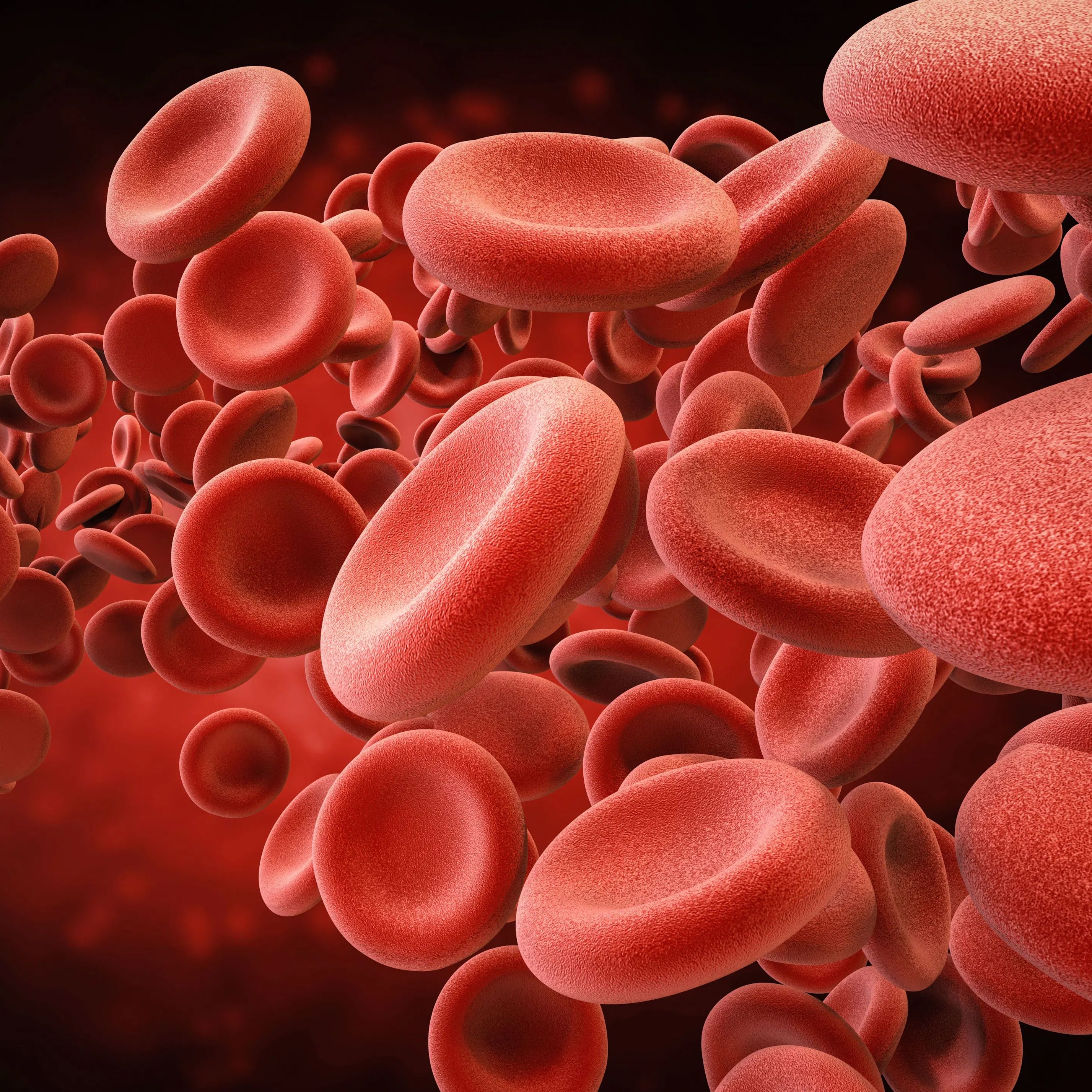Article
Study Raises Alarm Over Prevalence, Risk of Using Psychotropic Drugs in Cardiovascular Disease
A recent study describes an association between use of psychotropic medications and increased mortality in patients with cardiovascular disease, but results suggest this may be driven by presence of anxiety rather than the medication.
This article was originally published on HCPLive.com.
Pernille Fevejle Cromhout, PhD

New research is sounding the alarm over the prevalence and potential negative consequences associated with use of psychotropic medications among patients with cardiovascular disease.
Led by Pernille Fevejle Cromhout, PhD, of Copenhagen University Hospital, the study examined the association between the use of psychotropic medications and mortality in cardiac patients with and without self-reported symptoms of anxiety. Results of the investigators' study suggested the use of psychotropic medication prior to hospital admission was associated with a higher risk of 1-year, all-cause mortality, regardless of self-reported symptoms.
“Our study shows that the use of psychotropic drugs is common in those with heart disease. In addition, almost one in three patients had symptoms of anxiety. Patients with cardiac illnesses should be systematically assessed for mental disorders, and asked whether they use psychotropic medications and for what reason,” Cromhout said.
Methods
The study was based on the combination of self-reported data from the DenHeart national survey and data from the Danish national registers. All patients aged ≥18 years old discharged from 1 of 5 national heart centers in Denmark were then invited to fill out a questionnaire from April 2013 - April 2014.
The present analyses included patients with ischemic heart disease, arrhythmias, heart failure, and valvular heart disease. Individual information regarding prescriptions for psychotropic medication 6 months prior to hospitalization and post-discharge was obtained from the Danish National Prescription Registry (DNPR). Additionally, data on comorbidities covering a period of 10 years were available from the DNPR.
The study used the Hospital Anxiety and Depression Scale (HADS), a 14-item questionnaire that assessed symptoms of depression and anxiety in hospitalized patients admitted to non-psychiatric hospital clinics. A score of ≥8 suggested the presence of a disorder with anxiety or depression.
In logistic regression analyses, investigators estimated the association between the use of psychotropic medication 6 months prior to admission, self-reported symptoms of anxiety, and all-cause mortality within 1-year. In addition, the risk of subsequent incident use of psychotropic medications was explored by investigators.
Findings
The study included a total of 12,913 cardiac disease patients, of which 2335 (18%) redeemed ≥1 prescription for psychotropic medication during the 6 months prior to hospital admission and 362 (3%) died within the first year following hospitalization.
Data show higher use of psychotropic medication in females, older patients, smokers, widowers, lower educated patients, and those with more comorbidities. In patients with symptoms of anxiety (n = 4085, 32%), 1133 (28%) used psychotropic medications, compared to 1202 (14%) among patients without symptoms of anxiety (P <.0001).
Further, 130 (6%) of the 2335 users of psychotropic medication in the 6 months prior to admission died within 1-year post-discharge. In comparison, 232 (2%) of non-users died in the same time period (P <.0001).
Investigators observed the use of psychotropic medication was associated with increased 1-year all-cause mortality (odds ratio 1.90; 95% CI, 1.46 - 2.46). Additionally, patients with symptoms of anxiety were significantly more likely to redeem a prescription for any psychotropic medication in the 1-year after hospital discharge (2.47, 2.25 - 2.72).
Takeaways
“The weakening of the relationships suggests that the link between psychotropic medications and death is influenced by the presence of anxiety. And, similarly, that the connection between anxiety and death is influenced by the use of psychotropic medications," Cromhout added.
The study, “Exploring the use of psychotropic medication in cardiac patients with and without anxiety and its association with 1-year mortality,” was published in the European Journal of Cardiovascular Nursing.





